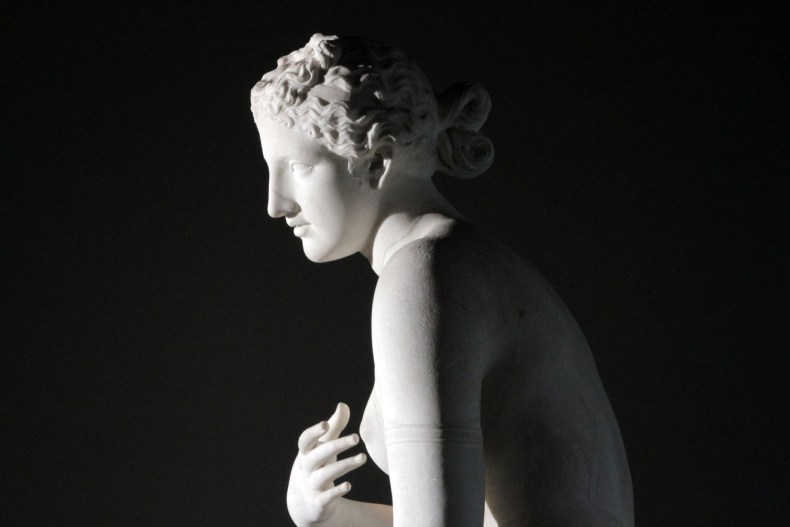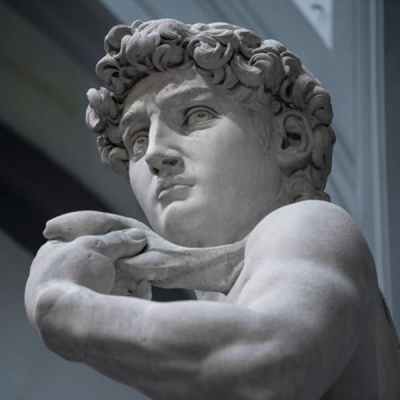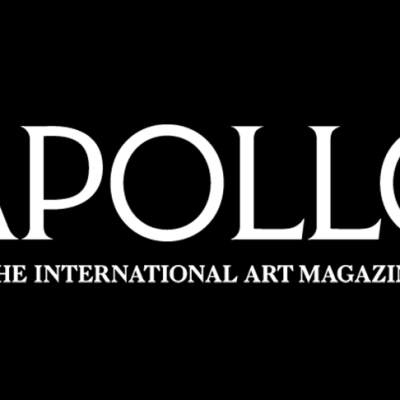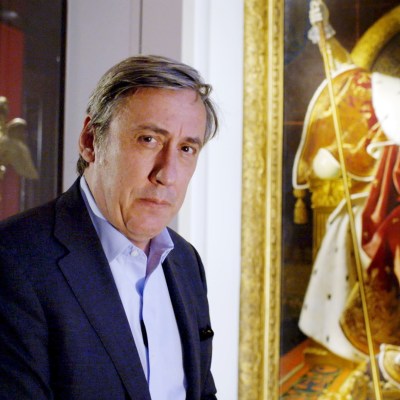A Courtauld Institute undergraduate degree in the late 1960s moved its students along a travelator towards an assembly of great works of painting, sculpture and architecture, meanwhile pondering in somewhat airless fashion the dependable progression of styles. The very readable, suggested introductions to the subject, those by Messrs Gombrich and Pevsner, had to be read before we first entered the imposing columned portal of Robert Adam’s 20 Portman Square.
Kenneth Clark’s Civilisation was first transmitted in February 1969 but we were fussing about the impending finals and I don’t remember if our tightly shared flat had a TV, let alone a licence. But my first job was an awful misreading (whether mine or my employer’s?) of what looked like a research post on a series of Arts Council-funded art documentaries. The grim truth was it involved collecting tickets and arranging chairs at the ‘Art Film Centre’ a name easily misunderstood in Soho. We effortlessly attracted the wrong audience, further adding to my troubles since it fell to me to fend them off. Our big attraction was Civilisation, shown on a moderately big screen, in a sleazy basement off Leicester Square.
Benin brass figure of a Portuguese soldier holding a musket (c. 1600). British Museum, London. Photo: © Nutopia

Civilisations (BBC2, 2018) is being shown on an entirely different planet. The nine-part series can be watched en bloc or à la carte. I have watched one in real time, another on catch-up – despite buffering hiccups – and have dipped into the rest in an admittedly glancing fashion. (Eight hours viewing over one busy weekend is, dear reader, a step too far.) While it was abundantly clear what path Kenneth Clark was following (the Apollo Belvedere was ‘a higher state of civilisation’ he intones in a clip incorporated into the current series) the focus is now on us, the viewers; the audience has been asked to take a step back, think, listen and look hard. I have no problem with that approach, though I loathe some of the cinematography, in which the camera appears to be continually buried in heavy foliage, whether in Honduras or Naxos. The presenters are intent on drawing their audience in and making us react, empathise and engage. Their certainties need not be our certainties, and for that I thank them.
Simon Schama’s programme devoted to cave art and the work of hands going back tens of millennia is an unoriginal chronological starting point, but once the intersections begin the programmes begin to gather their own energy. Mary Beard’s endearing excitement as she clambers up to read the words of Hadrian’s Lady in Waiting inscribed on one of the Colossi of Memnon in the necropolis of Thebes, or David Olusoga’s perceptible anger at the imprisonment of supreme Benin bronzes in the British Museum tell other stories, of other journeys and of important revisions of what were once critical assumptions.
Aphrodite of Menophantos, 4th century BC, Praxiteles. Palazzo Massimo alle Terme, Rome. Photo: © Nutopia

When Mary Beard discusses Winckelmann and the classical nude, I had a visceral return to the old art history, as set up in the Kenneth Clark’s admirably contained project. In the section introducing us to what Beard neatly terms ‘scenes of mass archaeology’ (archive footage of the terracotta warriors being discovered in China in the 1970s) and the display of the ‘grey, ghostly remnant’ of the figures buried with the emperor Qin, the cultural and televisual trail heads off piste; I sensed that the production schedule and the needs of a global audience had been the driver here. But left to themselves, the presenters can and do step beyond the limits within which they have been forced to work, sometimes in a simple, throwaway fashion. What would we make of the already gigantic seated Ramses, ponders Beard, if he stood up?
Themes of authenticity, legitimacy, gender, nationalism, interpretation and much more wash around the nine films. In some way they offer the approach to art history I incoherently looked for, long ago, and what more exploratory courses in less august, even new, institutions around that time were beginning to pursue. Like the half-carved monumental marble figure in the Naxos quarry, the certainties of art history, so convincingly offered to us in the 1960s (only to freeze curatorial displays in so many major museums and galleries), are now under scrutiny and evince still more questions. Time to tread with care.
Civilisations is broadcast on BBC2 on Thursdays at 21.00. The whole series is available to watch on BBC iPlayer.



